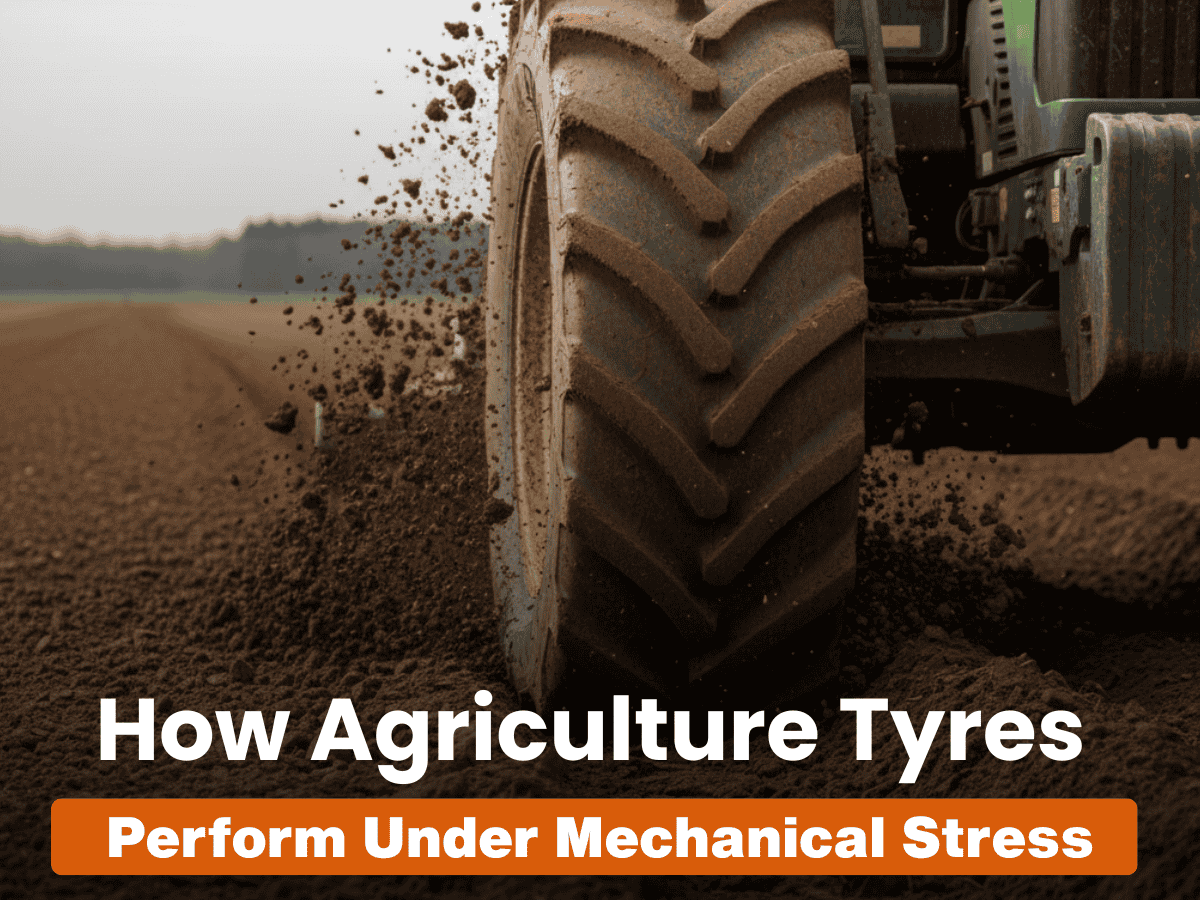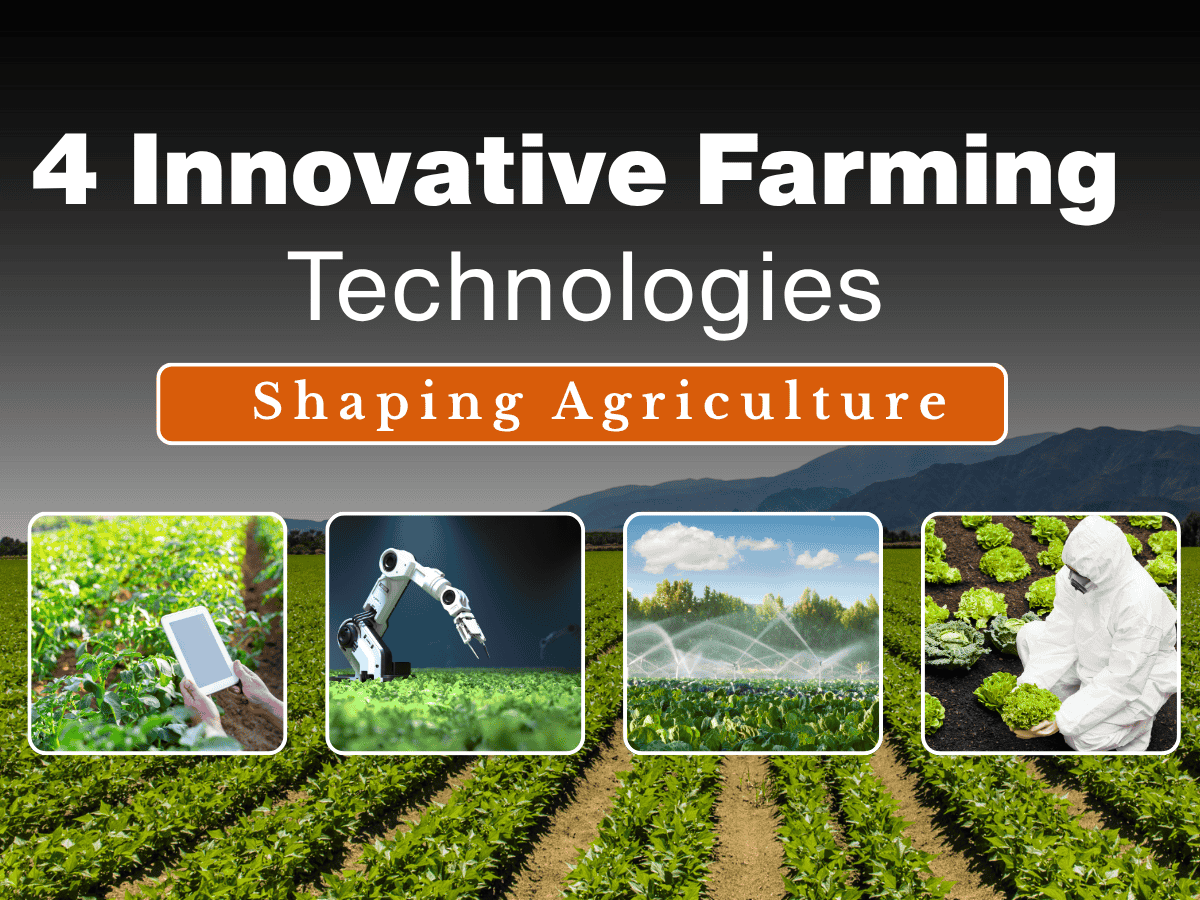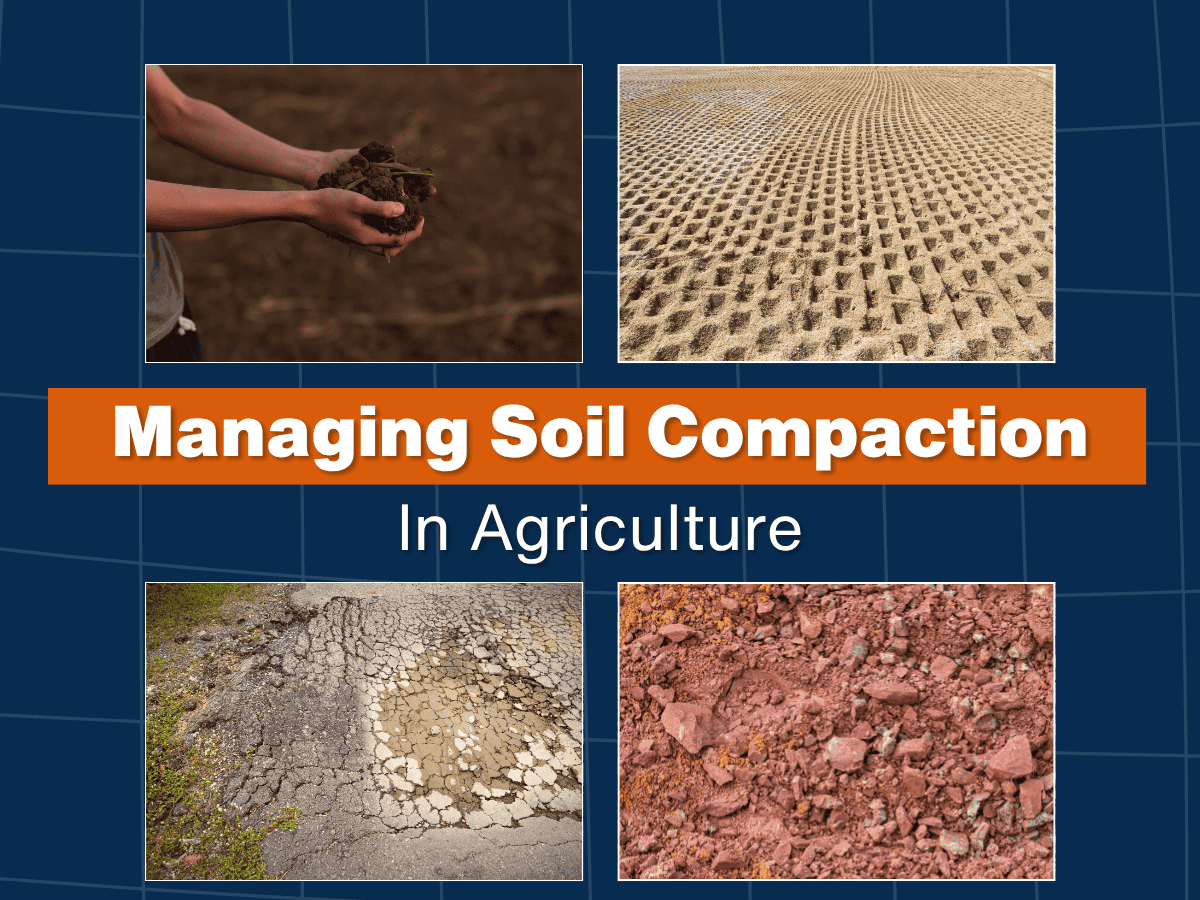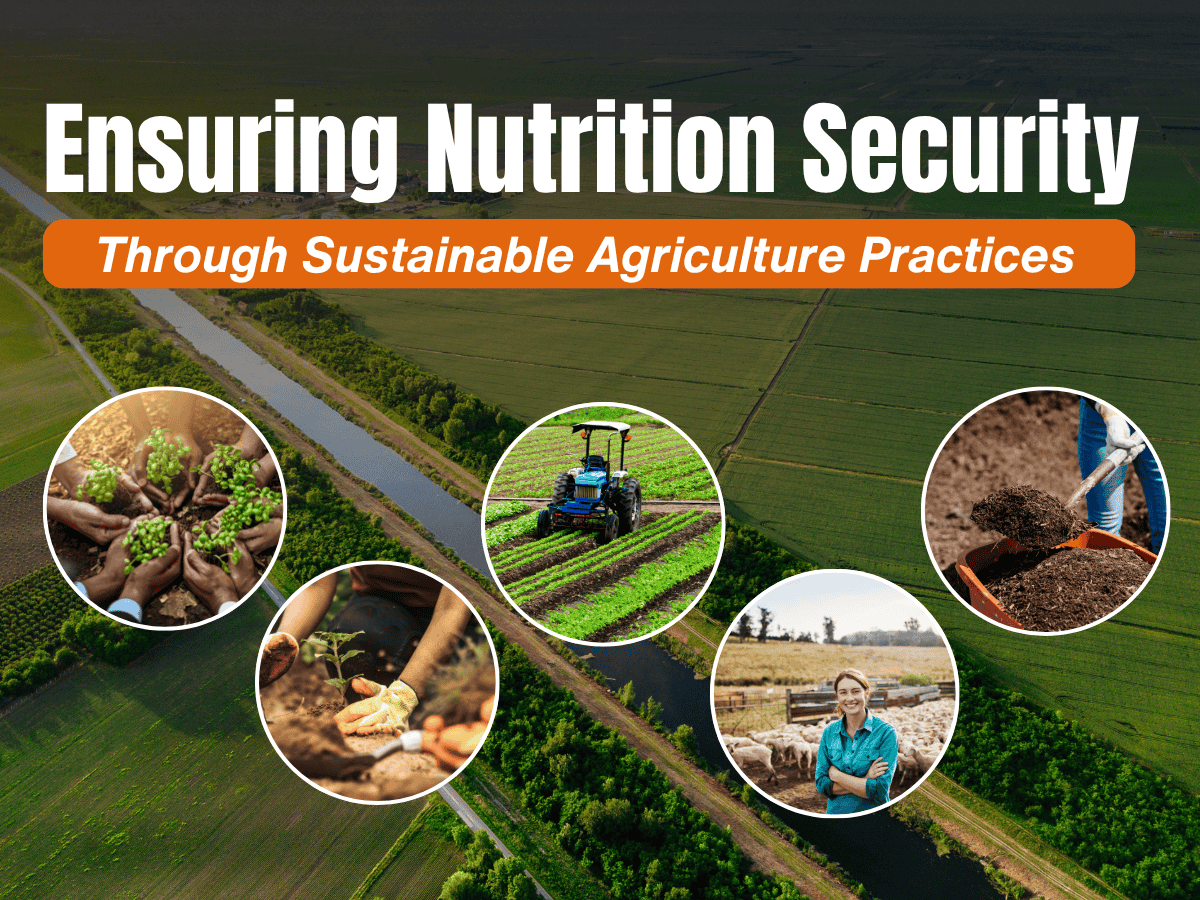ceat-speciality:blogs-tags/all,ceat-speciality:blogs-tags/agriculture
Ensuring Nutrition Security Through Sustainable Agriculture Practices
Fri, 6 Jun 2025 | PRODUCTS
In a world where food production faces increasing challenges—from climate change to soil degradation—ensuring nutrition security through sustainable agriculture has become more crucial than ever. Sustainable agriculture is not just about producing enough food but ensuring that food is nutritious, safe, and accessible for all while preserving the environment for future generations.
At CEAT Specialty, we recognize that farming practices must evolve to balance productivity, sustainability, and economic viability. In this blog, we’ll explore the significance of nutrition security, the role of sustainable farming, and key practices that enhance both crop yield and food quality without compromising the planet’s health.
Understanding Nutrition Security
While food security ensures that people have enough food to eat, nutrition security focuses on the quality of food—ensuring that people consume a balanced diet rich in essential nutrients. Poor agricultural practices can lead to:
🚜 Depleted soils – Reducing the nutritional value of crops.
🌱 Loss of biodiversity – Affecting access to diverse food sources.
💨 Environmental pollution – Introducing toxins into food and water supplies.
To tackle these issues, farmers must adopt sustainable approaches that improve both food availability and nutritional quality while safeguarding natural ecosystems.
Sustainable Agriculture: The Backbone of Nutrition Security
Sustainable agriculture focuses on long-term productivity while minimising environmental harm. Some of its core principles include:
✅ Soil Health Management – Preventing degradation and ensuring nutrient-rich crops.
✅ Water Conservation – Reducing excessive water use and contamination.
✅ Eco-Friendly Pest Control – Using biological alternatives to reduce chemical exposure.
✅ Crop Rotation & Biodiversity – Enhancing soil fertility and ensuring diverse, healthy food options.
By integrating these methods, farmers produce high-quality food while preserving nature.
Key Sustainable Agriculture Practices for Nutrition Security
1. Regenerative Soil Practices
Healthy soil forms the foundation of nutritious crops. Techniques like cover cropping, organic composting, and minimal tillage improve soil structure, enhance microbial activity, and increase nutrient absorption, leading to better-quality yields.
🌱 CEAT Specialty Farmax R85 tractor tyres reduce soil compaction, preserving soil aeration for healthier root development.
2. Precision Farming for Efficient Resource Use
Technology-driven precision agriculture helps farmers optimise water, fertiliser, and pesticide use, reducing waste while maximising nutritional benefits.
📌 Smart irrigation ensures crops receive adequate moisture without excessive water wastage.
📌 Data-driven soil testing guides farmers on the right balance of nutrients for healthier food.
🚜 Torquemax tractor tyres provide better traction and stability, supporting precision farm equipment with minimal soil damage.
3. Crop Diversification & Rotation
Monoculture farming exhausts soil nutrients, reducing the nutritional value of crops. Implementing crop rotation and diversification:
✔ Restores soil fertility by alternating between different plant species.
✔ Boosts biodiversity, supporting healthier ecosystems.
✔ Improves resistance against pests and diseases, reducing reliance on harmful pesticides.
🌾 Farmax R90 tractor tyres help farmers transition between diverse crops while reducing compaction for sustainable soil management.
4. Sustainable Livestock & Organic Practices
Livestock farming affects nutrition security, as animal health impacts the quality of dairy, meat, and eggs. Sustainable practices such as grass-fed livestock and antibiotic-free animal husbandry ensure safer and more nutritious food sources.
🐄 Organic feed and ethical grazing improve animal welfare and reduce environmental impact.
🔄 Manure recycling enhances natural soil fertilization, supporting organic farming systems.
🚜 Flotation T422 trailer tyres help prevent soil disturbance, maintaining the land’s integrity for healthy livestock farming.
Impact of Sustainable Agriculture on Future Food Systems
By integrating sustainable techniques, farmers create a positive cycle of:
🔄 Improved soil and water health, leading to better-quality food.
🌍 Reduced carbon footprint, supporting climate-resilient farming.
🥦 Better food safety, limiting exposure to harmful chemicals.
At CEAT Specialty, we support agricultural advancements that align with nutrition security and environmental responsibility—because healthy crops lead to a healthier future.
Final Thoughts: Building a Sustainable & Nutritious Future
Ensuring nutrition security requires a fundamental shift in farming practices. By adopting soil-friendly techniques, precision agriculture, crop diversification, and ethical livestock farming, farmers safeguard both food quality and environmental sustainability.
By investing in high-performance agricultural tyres, farmers can further enhance efficiency while minimizing soil degradation. At CEAT Specialty, we provide tyre solutions designed to support sustainable farming, ensuring that each harvest contributes to healthier, safer, and more accessible food production.
💡 Sustainability isn't just about farming—it’s about securing the nutrition of future generations!

























